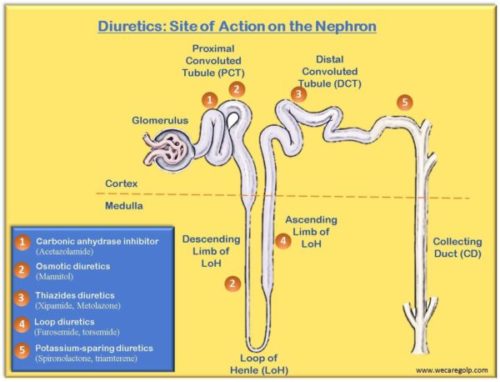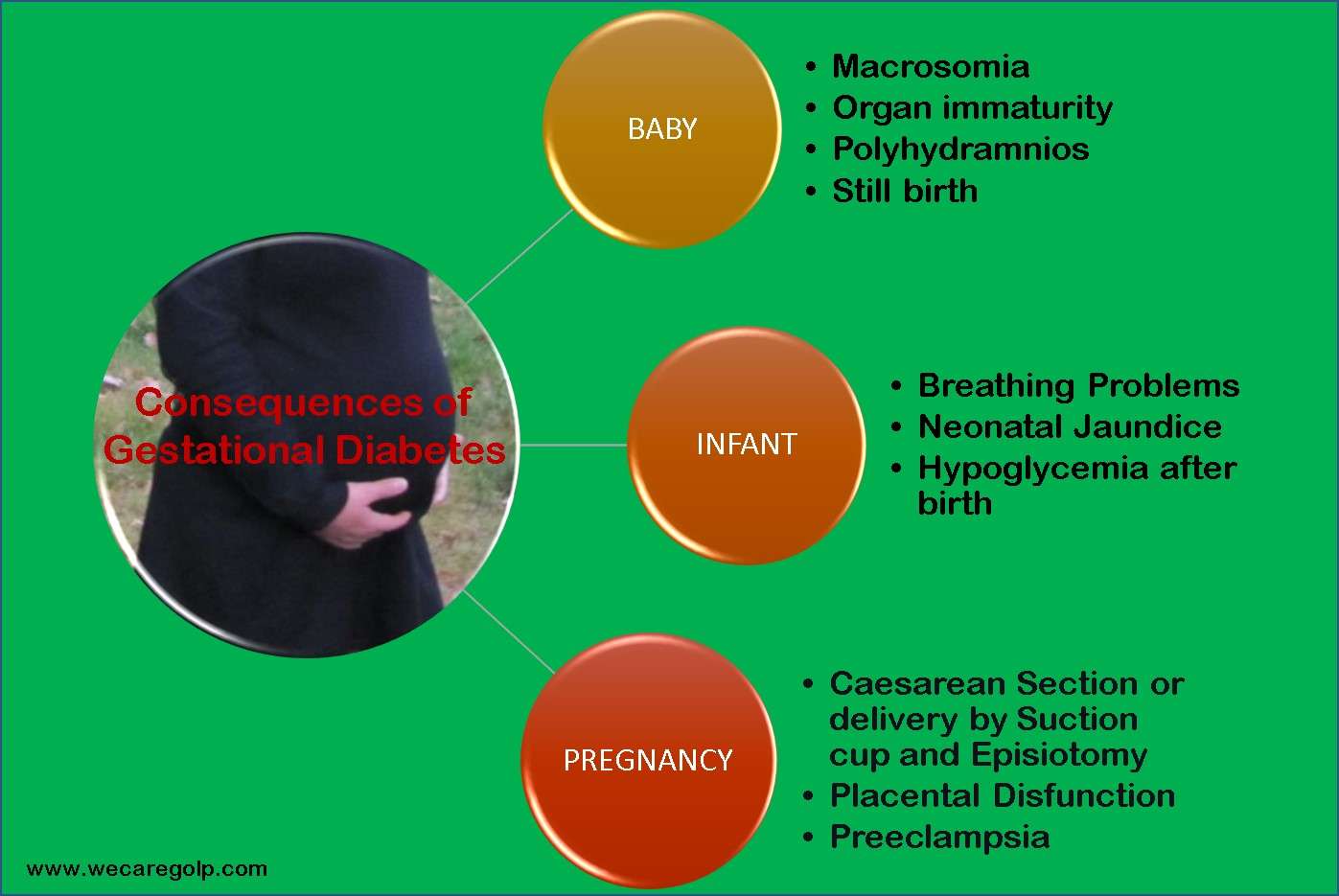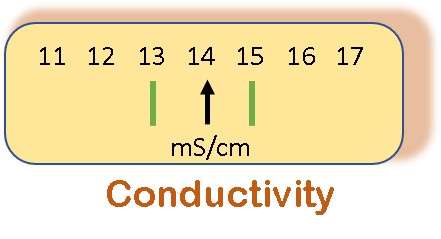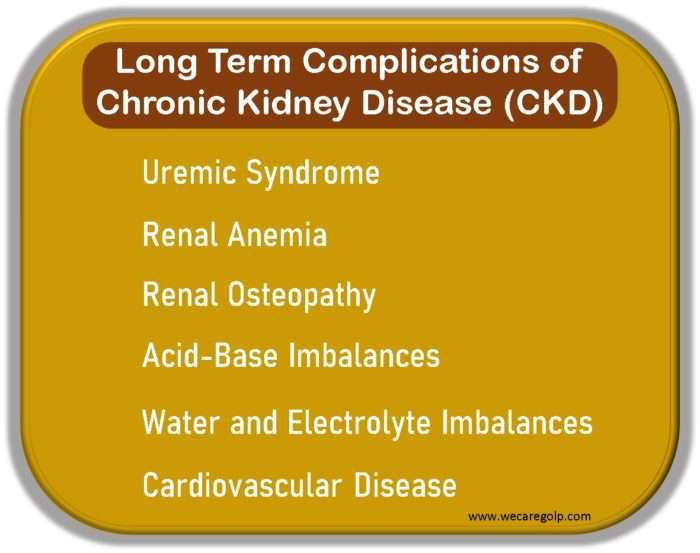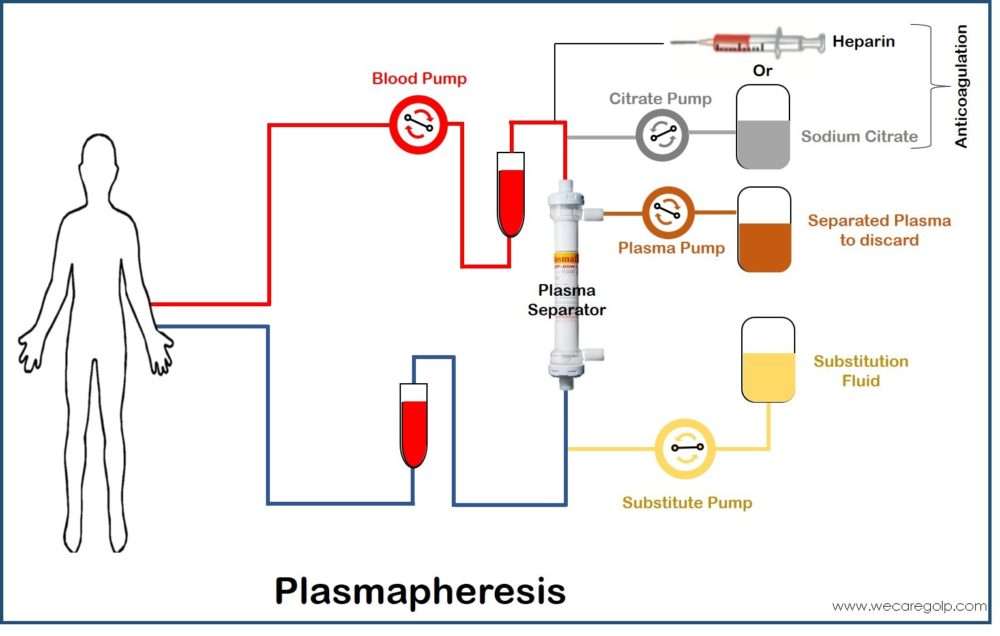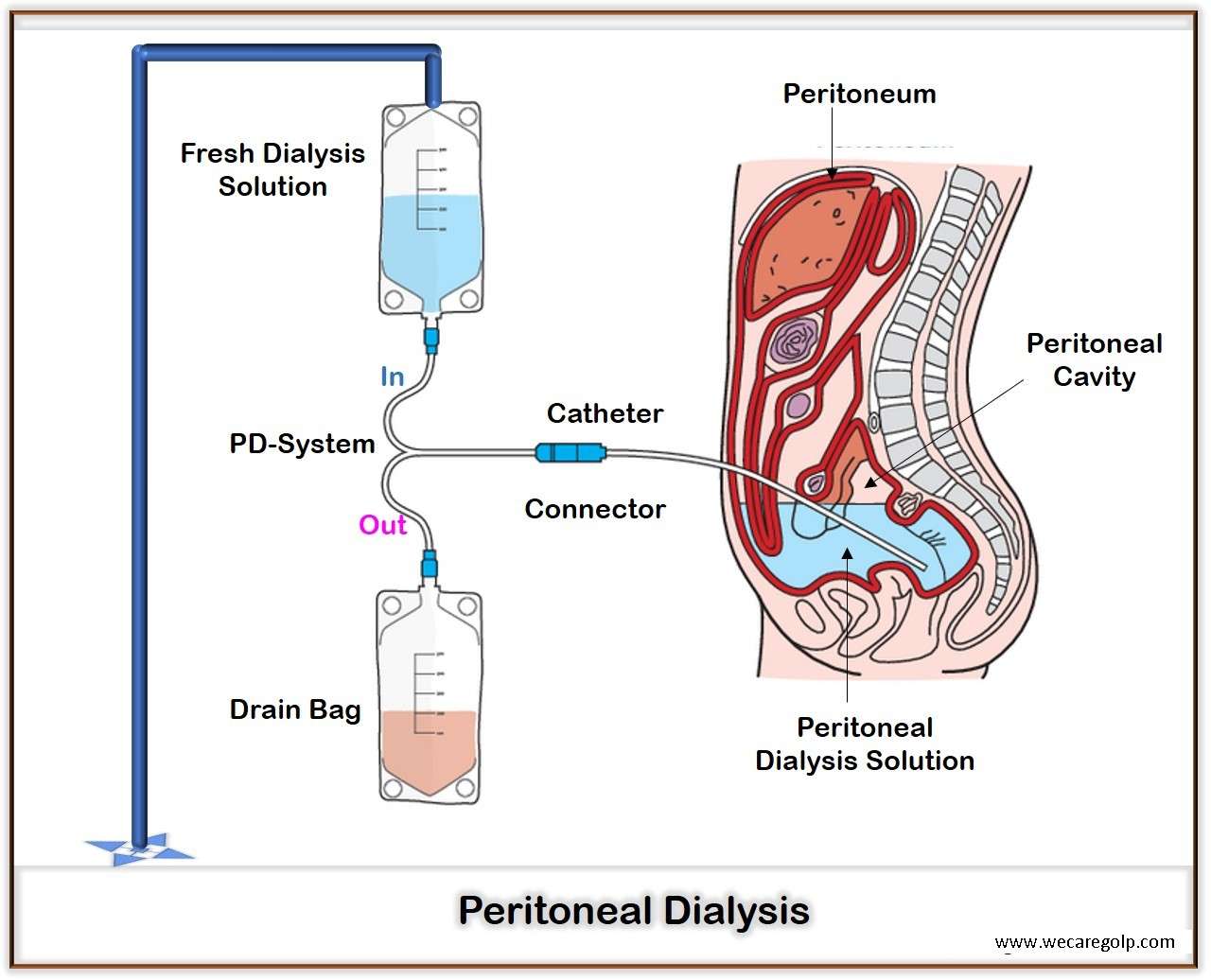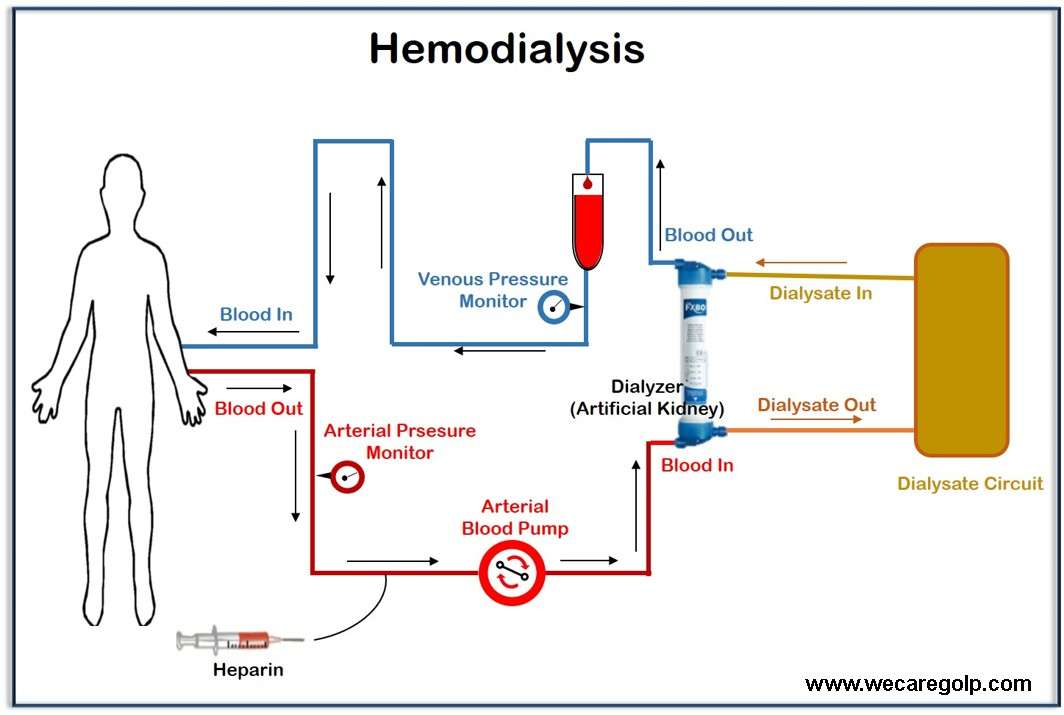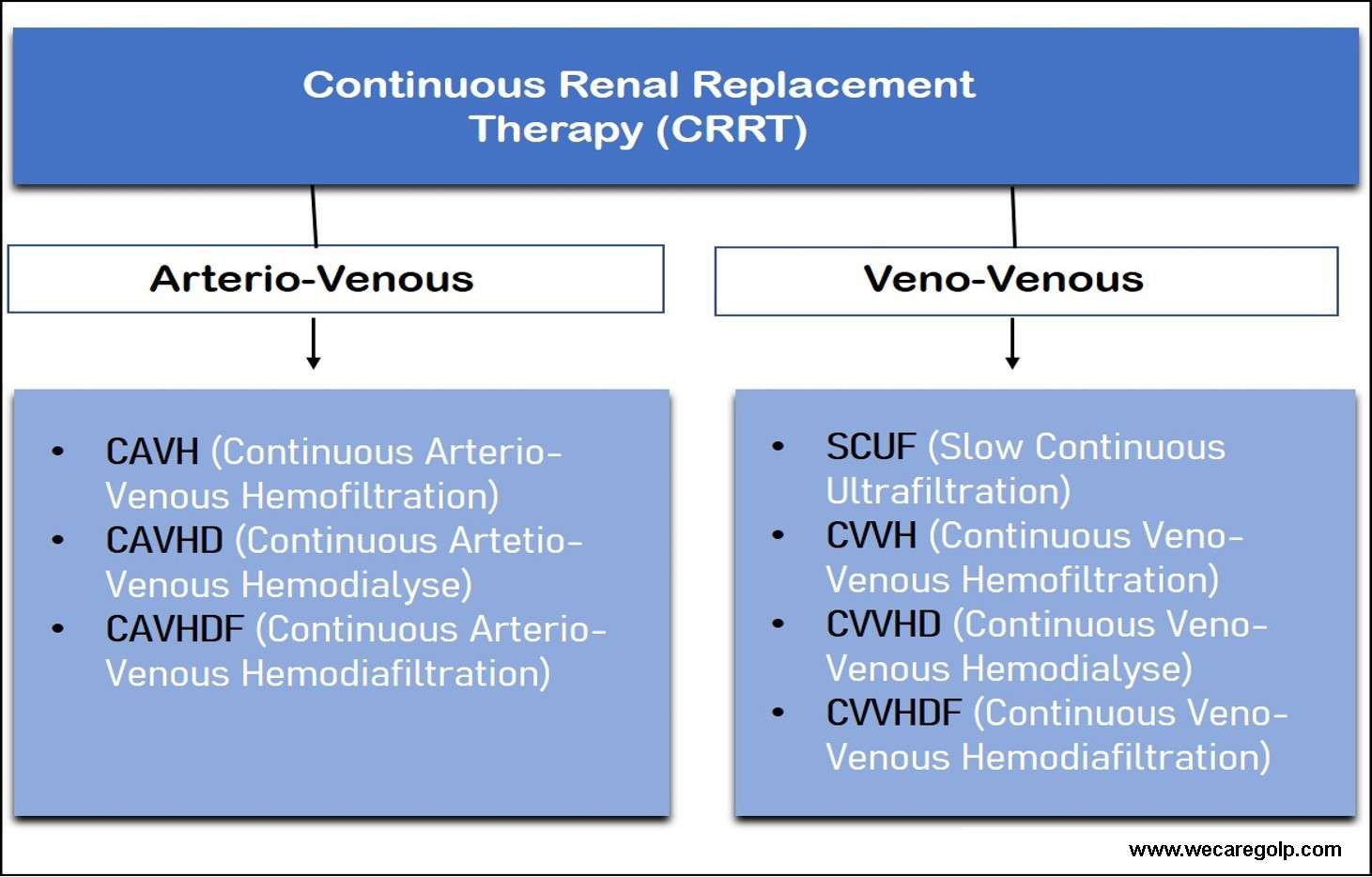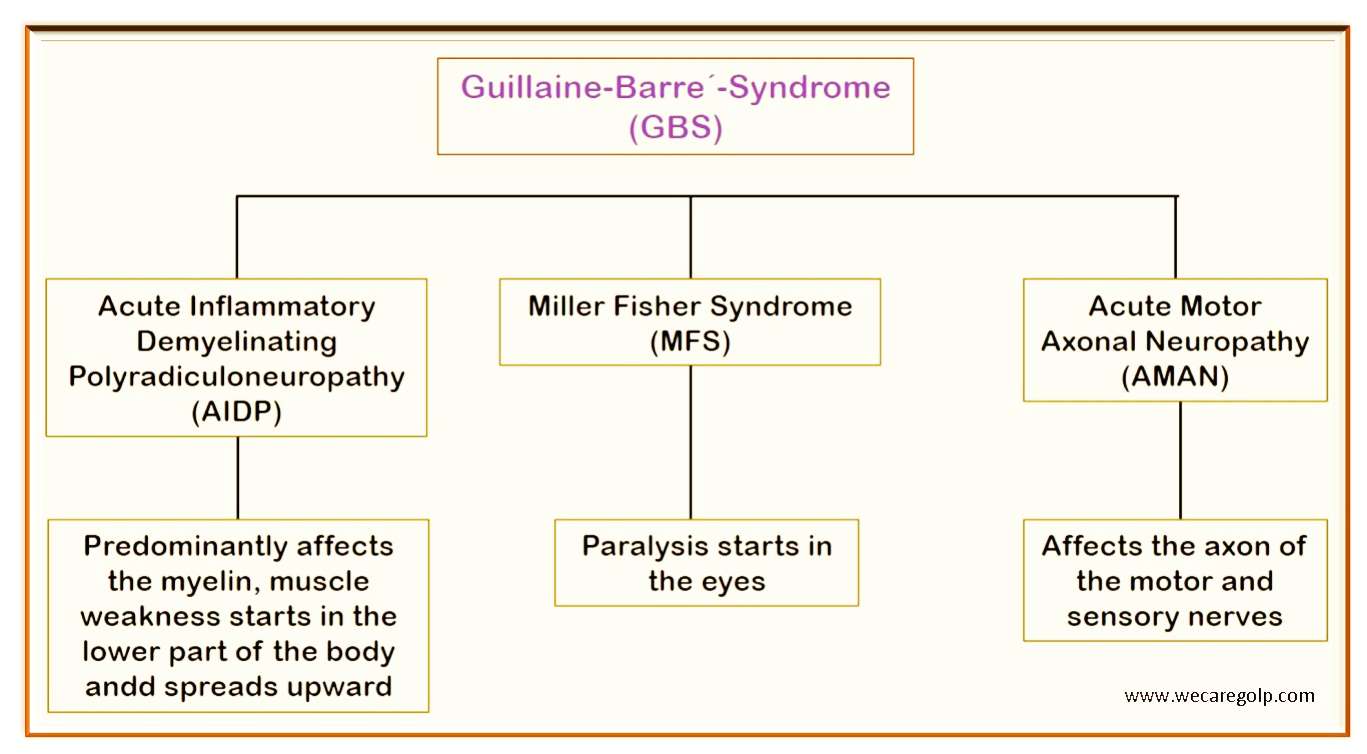Diuretics
Introduction Diuretics are drugs that increase urine output by the kidneys. Indications Diuretics use when the volume of liquid in the body should reduce by increasing urine output: Types of diuretics Osmotic Diuretics Pharmaceuticals Indications Contraindications Side effects Carbonic Anhydrase Inhibitors Pharmaceuticals Indications Contraindications Side effects Thiazides Diuretics Pharmaceuticals Indications Contraindications Side effects Loop Diuretics … Read more

